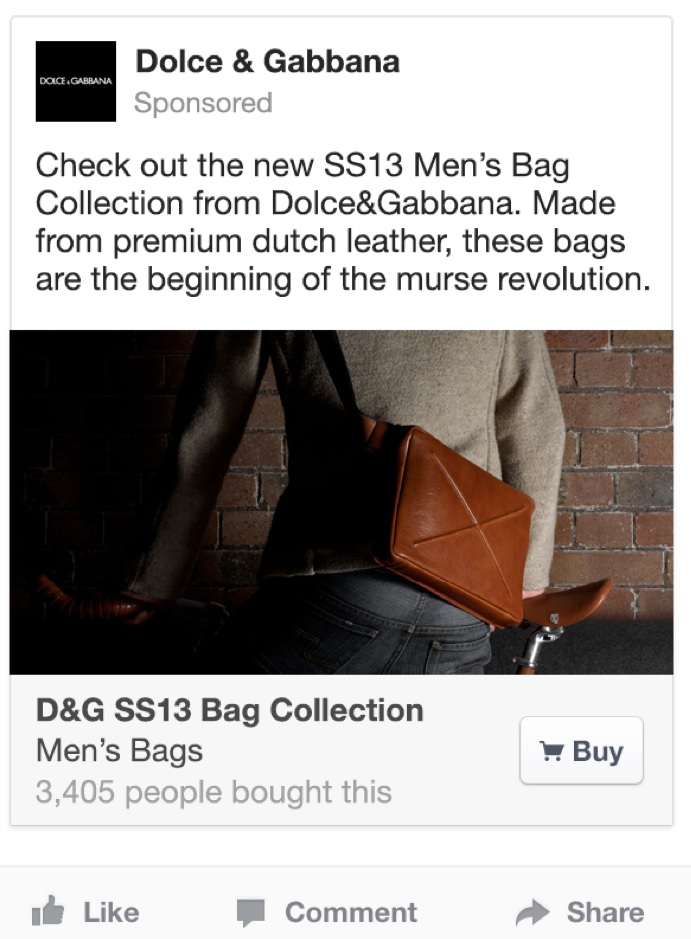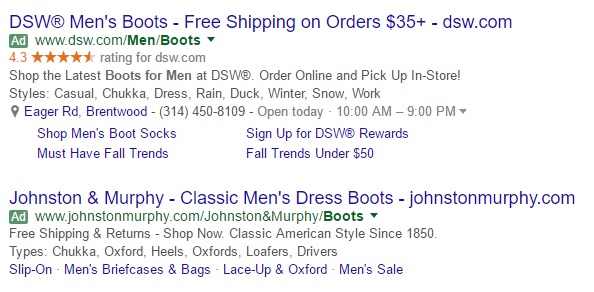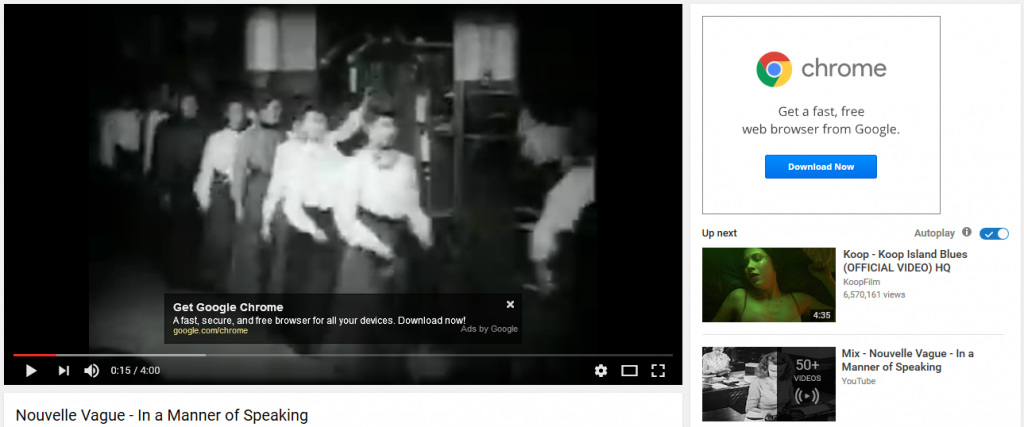Facebook Ads or Google AdWords? Which is the perfect method for advertising your business? We often see these two platforms as harsh competitors. When trying to promote your business online, you might think you have to choose only one of them. That doesn’t have to be the case.
You’re free to use both of these platforms for promotional purposes. But, do you really need to do that? Does your budget allow you to invest in both methods? It’s wise to understand what opportunities both options offer before you make your final decision.
Today, we’re going to talk about three crucial elements of advertising:
- Reach;
- Targeting;
- Return of investment.
We’ll see how Facebook Ads and Google AdWords perform in these aspects, so the comparison will help you make a choice.
What’s the Difference, Anyway?
Before we get any further, let’s see what makes these advertising platforms unique.
- With Facebook Ads, you’ll be advertising your business on social media. The social aspect of the platform is very useful. The more people react to your ad, the more attention you get from their friends and friends of friends.
Here’s an example: Recently I’ve been looking for clothes, and now this is one of the ads I see on Facebook:

The platform knows what I’m interested in, so it helps me find a good offer. The users see ads on the right-hand side of the homepage, but in the news feed as well. This is how a Facebook Ad in the news feed looks like:

Facebook adjusts the user’s ads according to their online behavior. As a result, they find exactly what they need through their ads. If you have a website for online fitness classes, you’ll target the right audience through Facebook.
- Google AdWords is a pay-per-click advertising platform, which focuses on keywords. If, for example, I use the phrase buy boots when googling, these are the ads I’ll see before I even get to the search results:

When you tailor an AdWords Ad, you’ll be bidding on keywords you expect your audience to use on Google. Whenever someone clicks on an ad, you’ll be getting a potential customer and you’ll be paying Google for triggering that action.
Reach: What Platform Allows You to Get More Customers?
That would be Google Adwords. Google processes over 3.5 billion searches per day. That would be 40.000+ searches every single second. Every one of those searches represents a need or a desire, and these people want solutions ASAP. If you reach out to a tiny fraction of those people, your business will benefit from the ad.
You can use AdWords to reach people on YouTube, too. This platform has over a billion users. This is how your ad on YouTube would look like:

Facebook is not to be underestimated, though. The platform has over 1.7 billion monthly active users.
Both Google and Facebook allow you to reach highly motivated, targeted prospects. These people are actively looking for something you can offer.
Targeting
This is the area where Facebook wins. Similarly to Google, Facebook also has an enormous global audience. However, instead of exposing the marketing message to the entire audience, it targets the right Facebook users.
Let’s say you’re offering online language lessons for non-native English speakers. You can target ESL speakers between the ages of 15 and 58, located in 1-mile radius from your school, and interested in learning. Facebook allows you to target green moms, Italian speakers in Boston, people who have degrees from Cambridge, people with conservative political views… When you combine all those factors, you will get a very specific audience that’s truly interested in your offer.
Google AdWords, on the other hand, mostly focuses on keywords when showing the ads to the users. That’s great, but not as great as what Facebook does.
What about the ROI?
This is a complex question. Moz has published a case study that helps us solve it. The same campaign was promoted both through Facebook Ads and Google AdWords. Google Adwords led to more clicks, but the company had to pay over $1.11 per click. Google AdWords also led to a better conversion rate, but the campaign was more expensive per conversion. Ultimately, Google AdWords led to less profit when compared to Facebook Ads.
Will the same thing happen to you? Not necessarily. Although this case study shows that Facebook Ads are better in ROI, it’s recommended to invest in both methods. That’s how you’ll target a larger audience. Here’s a table that makes the comparison easier:
| Platform | Google AdWords | Facebook Ads |
| What’s the Difference? | Targets keywords | Shows your ad in the Facebook feed, based on the user’s online behavior |
| Reach | 3.5 billion searches per day | 1.7 billion monthly active users |
| Targeting | Shows your ad when someone uses a relevant keyword | It targets a very specific group of Facebook users, based on the parameters you set. |
| ROI | More clicks and better conversion rates, but higher cost per click. Lower ROI. | Lower conversion rates, but more affordable. Better ROI. |
So, which advertising platform is the best choice for your business? The only correct answer would be: it depends. What are you aiming for?
- You want huge exposure and higher intent traffic? Then, AdWords.
- You want to target a very specific audience? Then go with Facebook.
- You want smaller investments and better ROI? Facebook would probably work better.
- You want a greater variety of ads? AdWords is the better choice.
But, if you have a chance, then use both. You have a limited budget? Then try experimenting with one platform at a time, and track the results to identify the one that gives you better results.
Another option is to consider hiring Google AdWords advertising agencies to do the work for you. As they are experienced, they are able to save you more in the long run.
Leave a Reply